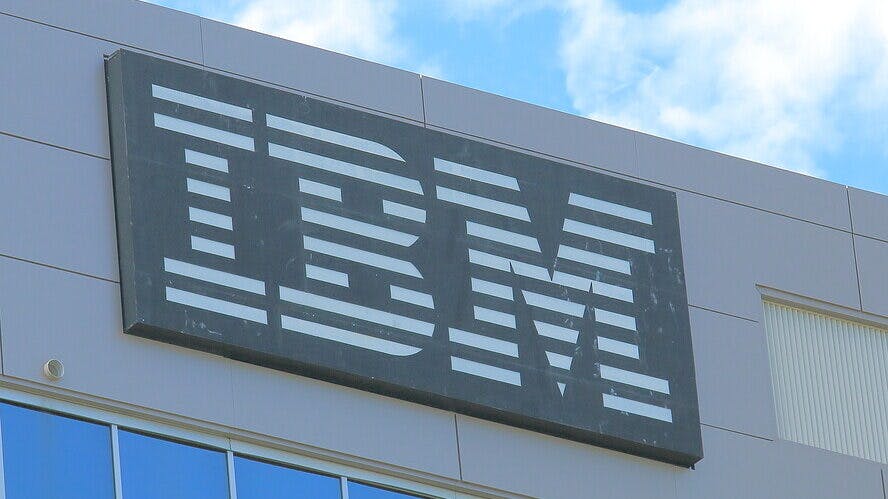As the future of work increasingly centers around artificial intelligence — especially about how technology may replace people — at one of the world’s biggest organizations, the future may happen very soon. IBM CEO Arvid Krishna said this week that the organization expects to implement a hiring freeze for all positions that are replaceable by AI in coming years.
In particular, Krishna pointed out that non-customer-facing roles — specifically citing jobs in HR as an example — will be most affected. IBM has roughly 26,000 people in such positions. “I could easily see 30% of that getting replaced by AI and automation over a five-year period,” Krishna told Bloomberg. That equates to about 7,800 jobs.
Krishna’s statement is particularly significant given that he leads one of the world’s main tech corporations, which currently employs some 260,000 workers. His remarks also come at the heels of a recent Goldman Sachs report that estimates that 300 million jobs might be lost to AI.
“If generative AI delivers on its promised capabilities, the labor market could face significant disruption,” the report states. “Using data on occupational tasks in both the US and Europe, we find that roughly two-thirds of current jobs are exposed to some degree of AI automation, and that generative AI could substitute up to one-fourth of current work.”
Goldman Sachs researchers go into greater detail, speculating that AI could automate 46% of tasks in administrative jobs, while at the same time, jobs will likely be safest in industries like construction.
Since Krishna’s comments, there’s been relatively no comment from IBM about plans to use AI for thousands of roles traditionally performed by humans, other than a statement from company spokesperson Tim Davidson Davidson: “IBM is being deliberate and thoughtful in our hiring with a focus on revenue-generating roles, and we’re being very selective when filling jobs that don’t directly touch our clients or technology.”
In related news, perhaps somewhat ironically, Samsung just announced a new, temporary policy that bans the use of AI at work in the wake of a number of data breaches in which employees entered confidential code into ChatGPT. Meanwhile, JPMorgan had earlier this year restricted its people from using ChatGPT, while Amazon had strongly discouraged its employees from sharing confidential information using the AI tool.
